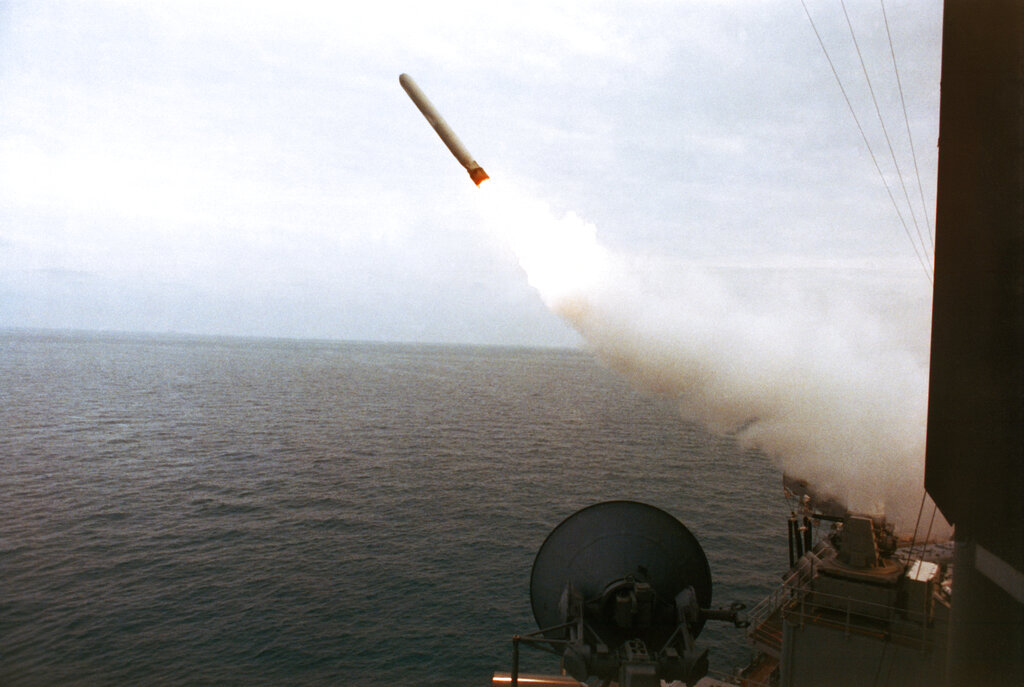At NATO’s anniversary summit in Washington this past July, Washington and Berlin agreed that the United States would station Tomahawk cruise missiles, SM-6 anti-aircraft missile systems, and newly developed hypersonic weapons on German soil starting in 2026.
According to news reports at the time, Chancellor Olaf Scholz “committed” to the “secure” reception of missiles and other weaponry that could achieve deep penetration into Russian territory. The agreement has since been the subject of heated debate in Germany and is almost certain to be put on the Bundestag’s agenda after the summer recess.
For the first time since the Cold War, the United States would deploy weapons systems in Germany that could reach Russian territory. Alongside the chancellor, the main supporters of this plan include Foreign Minister Annalena Baerbock and Defense Minister Boris Pistorius. At the same time, opposition to the planned deployment of U.S. weapons is strong in both government and opposition circles.
Several members of parliament from the chancellor’s party, the Social Democrats (SPD), led by group leader Rolf Mützenich, recently expressed their concerns in a joint letter. They stressed that such a move would further exacerbate tensions between the West and Russia and the risk of military escalation. They assessed that NATO already has comprehensive deterrence capabilities.
Friedrich Merz, president of the conservative CDU, the strongest opposition party and candidate for chancellor of the CDU/CSU coalition, also expressed reservations about the decision. He criticized the fact that the Bundestag, the lower house of parliament, had not held a preliminary debate on the matter.
In response, Defense Minister Boris Pistorius initially said that he did not think this was an issue that should be debated in parliament, arguing that the deployment of weapons systems is intended as an effective deterrent, not a threat.
However, in an interview with the conservative daily Frankfurter Allgemeine Zeitung, the minister has now stressed that he has no objection to a public debate.
“A debate is important so that German society, after weighing all the arguments, can come to a conclusion that we can live with,” Pistorius told the newspaper. The minister said the public debate was necessary to make clear “the gravity of the situation.”






